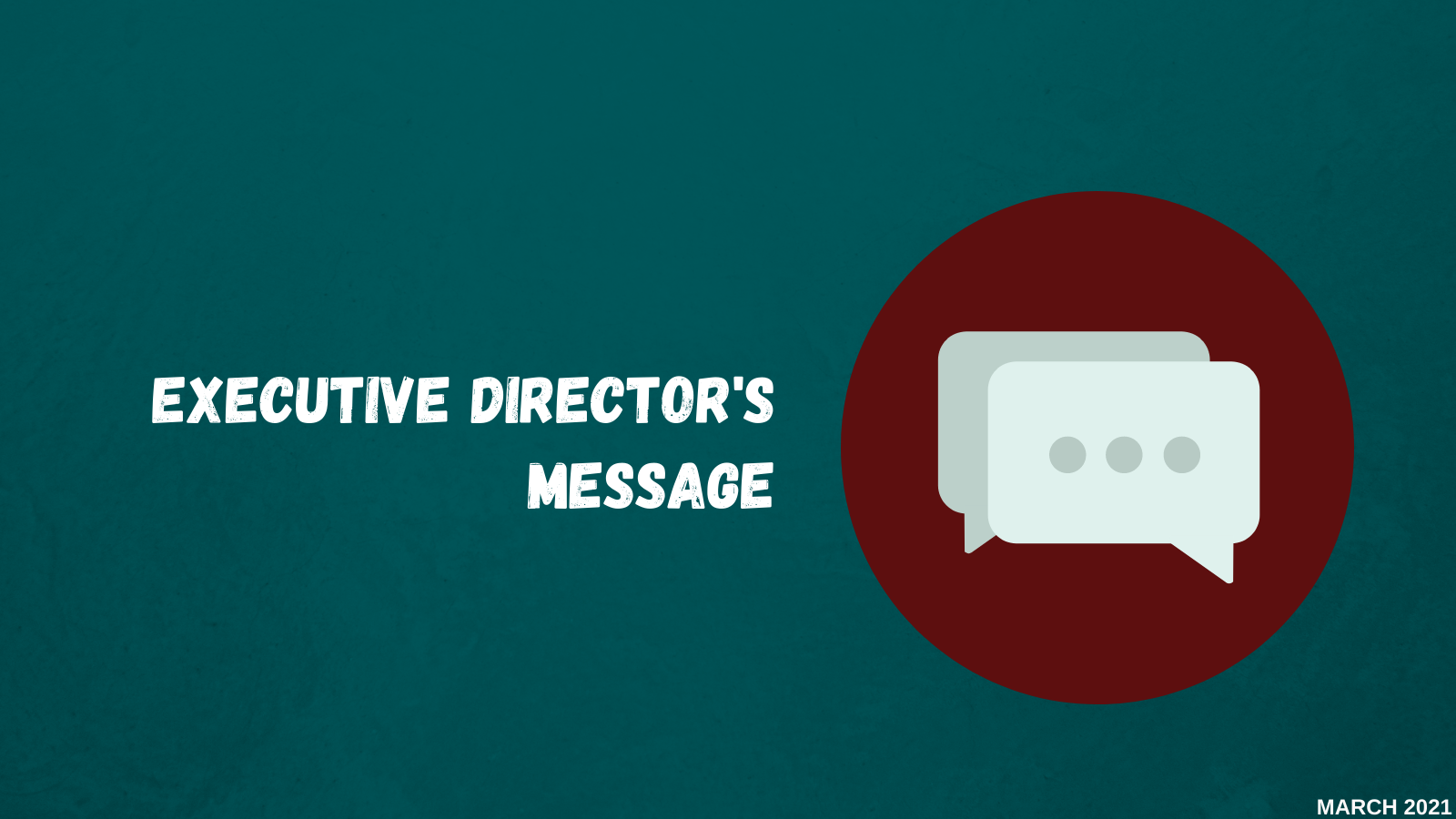And the month of March comes to an end!
It was an especially busy one for us here at SPARC! We kicked off the month at the Africa Health Agenda International Conference (AHAIC), two years to the date of our launch in Kigali, Rwanda in 2019. In our tradition of #SPARCingtheChange, we assembled a stellar panel to discuss what changes had occurred in the strategic purchasing ecosystem and how SPARC has contributed to these changes since its launch, two years ago.
We learnt a lot, but three key messages stood out for me.
That SPARC’s functional approach to strategic health purchasing (SHP) is critical in supporting countries to make better purchasing decisions. Why? It takes the discussion away from schemes or programs e.g. PBF and focuses on the key purchasing decisions that countries have to take – what to buy (benefit package or medicines), who to buy from (public and/or private sector providers) and how to pay for services provided.
That the limited funding in countries to finance health interventions makes strategic purchasing, not only a strategic imperative, but a moral one – limited funds have to be used in the most creative ways to ensure that the priority health needs of the population are met, especially those of the poor and vulnerable populations. When done well, the efficiency gains can be subsequently used to increase the services covered, the population covered and increase financial protection of the population accessing care, fast-tracking countries’ journeys towards universal health coverage (UHC).
That politics is an integral part of SHP because the decisions on what to buy, who to buy from and how to pay could mean the difference between life and death for the people affected by those decisions and therefore, places policymakers in difficult situations as they consider trade-offs. Therefore, to be successful in health systems strengthening, there is a critical need to align policy with politics.
If you missed the session, don’t worry. We’ve got you covered. Head on over to our website for the recordings and summary of key messages.
Still, on AHAIC, I was on a panel that discussed ‘Legacies in Global Health’ and had the opportunity to discuss how our approach at SPARC was helping to decolonize global health. At SPARC, we understand that the regional experts working in their countries to bring about systemic changes that fast-track UHC are the real experts in their country-specific issues and understand the context-specific and political economy issues that need to be overcome for change to happen. This is why the coaching approach is front and center for us at SPARC, leveraging, and building expertise that already exists on the continent and matching them with country demands. This type of technical assistance is responsive, supporting countries with technical expertise that comes in an all-in-one package of relatable experience and in-depth understanding of the political economy, working side-by-side with country partners to overcome institutional, political and technical obstacles in implementing SHP interventions. What’s more…this type of technical assistance leaves behind lasting capacity in the countries supported. Burkina Faso’s Technical Secretary at the Ministry of Health captured this approach well at the SPARC satellite session, when he said, ‘for any technical assistance provider coming to support our country, don’t come to tell us what to do; work together with us to achieve our goals.’
What is happening on the strategic purchasing front in your country and what steps are you and your organization taking to decolonize global health? Please drop a note and let us know!
Continue to stay safe and healthy.

